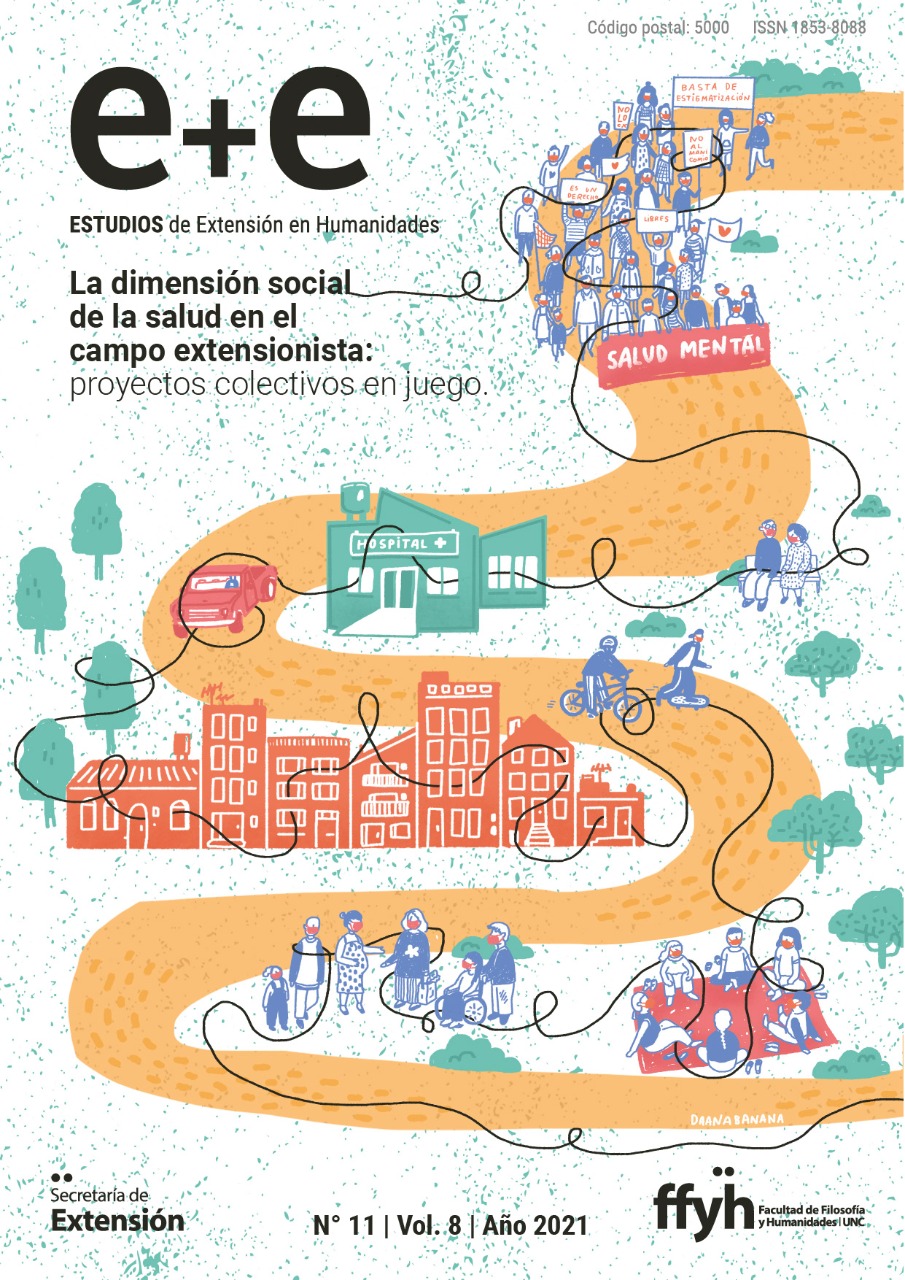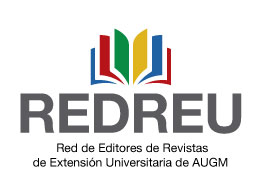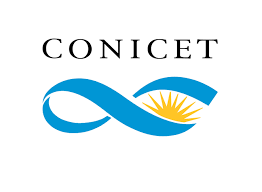Promoting rights in pregnancy and childbirth birth in health agents: an extensionist experience extensionist experience
Keywords:
respectful childbirth, pregnancy, sexual rights, health, sexual rightsAbstract
In 2017-2018 we carried out an extensionist experience at the Hospital Príncipe de Asturias (HPA) that aimed to promote the rights of pregnancy, childbirth and puerperium contained mainly in the National Law 25929 on Respected Childbirth, Rights of Parents and Children during the Birth Process in health teams and hospital workers.
This experience was carried out under the framework of the extensionist team Mi cuerpo /Mi decisión: género, empoderamiento y sexualidade(es)3 , funded by the Secretariat of University Policies, and through a BITS-UNC grant4 , entitled Afianzando derechos en el embarazo y el parto desde los equipos de salud5 (grant holder Lucía Reano, project director Valeria Nicora and co-director Magdalena Arnao Bergero), and was developed between June 2017 and August 2018, in the city of Córdoba. This work was articulated with a previous path that as an extension team we had been developing around sexual reproductive and (non) reproductive rights, particularly in actions focused on childbirth rights and in articulation with organizations, institutions and various key actors in the field. As a fundamental antecedent, we had previously elaborated the health booklet "From women to women. Information on respected childbirth", which had as its objective the elaboration of a dissemination material with different types of contents related to childbirth,
especially aimed at low-income sectors. After more than a year of joint work with the team of professionals who had been developing actions within the Hospital to install the rights of childbirth6 and different actions of sensitization, promotion of rights, training and research, we arrived at the elaboration of the Booklet addressed to health agents.
Its objective is to provide information on what we call the childbirth process, taking into account different regulatory frameworks and recommendations, from a gender and intersectoral approach, recovering the voices of the users, fundamental to open the horizon of the encounter between professionals, workers, health institutions and the community towards the co-construction of health scenarios that guarantee rights.
Downloads
Downloads
Published
Issue
Section
License
Copyright (c) 2021 Lucía Reano, Magdalena Arnao Bergero

This work is licensed under a Creative Commons Attribution-NonCommercial-ShareAlike 4.0 International License.













